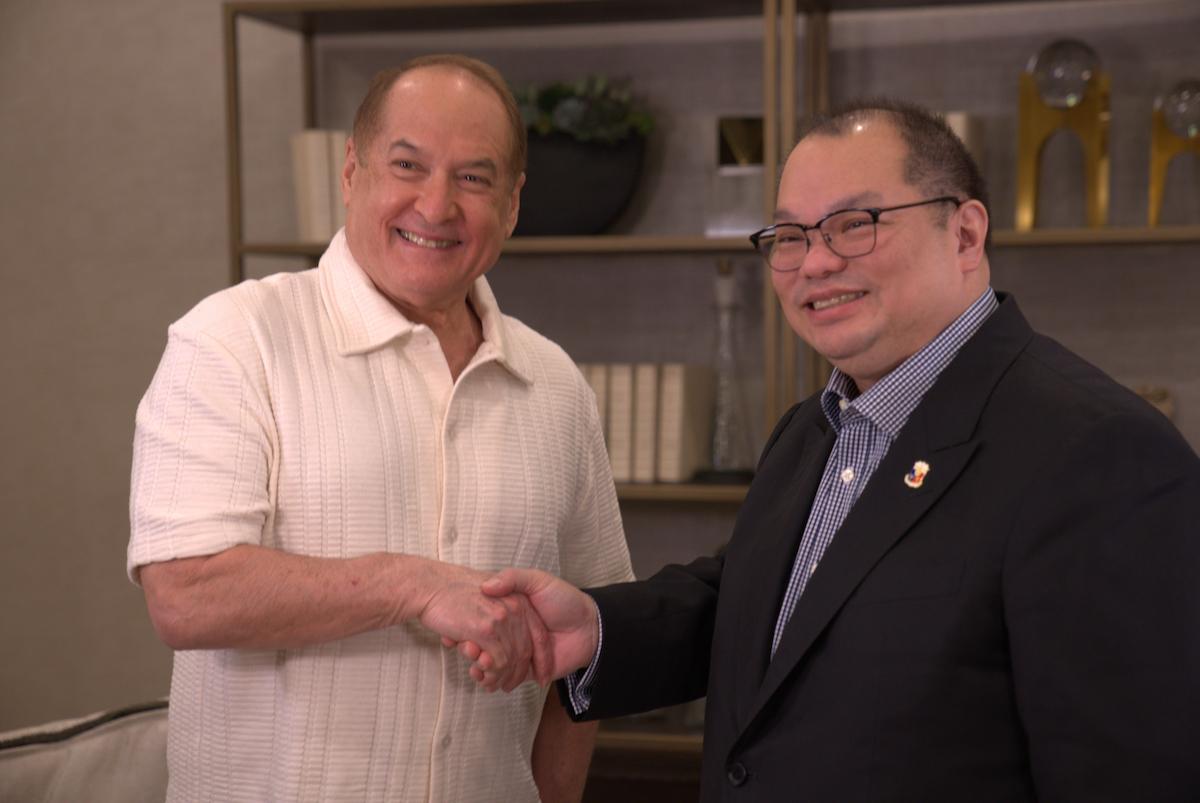The US Department of Homeland Security (DHS) announced in October 2015 that it is creating the “Filipino WWII Veterans Parole Program” to enable some family members of these veterans to come to the United States and be with their veteran-petitioners even if their visas are not yet available for processing. The program is part of the present administration’s policy to promote family unification (July 2015 White House report, Modernizing and Streamlining Our Legal Immigration System for the 21st century). Parole simply means allowing entry into the US-based on humanitarian reasons or public benefit. It is not a new concept [Immigration and Nationality Act (INA)] nor does it give permission for parole grantees to permanently remain in the US. When a parole expires, grantees can re-apply or process an immigrant visa for permanent residence while in the US (adjust status), if a visa is already available.
Very recently (05/09/2016) DHS unveiled the good news. It will start implementation of the “Filipino WWII Veterans Parole Program”. Officially, on 06/08/2016, the US Citizenship and Immigration Services (USCIS) has started accepting applications to allow certain qualified beneficiaries of Fil-Am WWII veterans to come to the US on a temporary status, i.e., by being “paroled”, even though their immigrant visas are not yet available for processing. Each parole application will be evaluated on a case-to-case basis. The program will be open within the next five (5) years from 06/08/2016. It sounds too good to be true; but it is what it is. It is projected that there would be around 6,000 applications to be processed under this program, given that there are about 2,000 – 6,000 Fil-Am WWII veterans still living in the US. Applications will be filed by the US veterans (whether citizens or lawful permanent residents) or their spouses on behalf of their beneficiaries. For applicants whose petitions have been reinstated for humanitarian reasons despite the death of their petitioners, they can apply for parole themselves. Applications need not be filed for beneficiaries who are immediate relatives” (like spouses and minor children) because their visas are always immediately available. Parole covers only those whose visas are subject to numeric limitations such as: (a) unmarried but over 21 years old children, (b) married children, and (c) siblings of these US veterans. The wait for their visa availability can be more than 20 years. Their accompanying spouses and minor children can also avail of the parole program as derivatives. The veterans or their spouses have to be present in the US or for self-applicants whose visas have been reinstated, the petitioner must have resided in the US at the time of death. Perhaps the most important document that should be collected for submission is proof of the petitioner’s (US veteran) US military service as acknowledged by the Department of Defense. Once the parole application has been approved, the visa to come to the US can be processed at the consular level or at the US embassy where the beneficiary resides. The grant for parole has an expiration date. Upon expiration, the parolee can still do the following: (a) re-apply; (b) adjust status or process the visa at the consular level, if the visa is already available; or (c) depart from the US, if one desires. Options (a) and (b) are logical choices.
History takes us back to the time when US citizenship was granted to these veterans (1991-1995). For their married children and siblings, the time is almost ripe for their visas to be available, almost 22-25 years has passed. The US government figured that these beneficiaries can wait for their visas in the US while on parole status, at the same time caring for and being with their elderly parent-veterans, in keeping with the spirit of promoting family unity. There is nothing more noble and humane as this gesture of appreciation by the US government acknowledging, once again, the courage and loyalty of Filipinos who fearlessly fought side by side with their American comrades during World War II.
* * *
Maria Rita Reyes-Stuby is a licensed attorney in Michigan. She is a graduate of the University of the Philippines College of Law. She is also a licensed attorney in the Philippines. She specializes in immigration practice. Please call 702-403-4704 or email [email protected] for any questions on this article.






